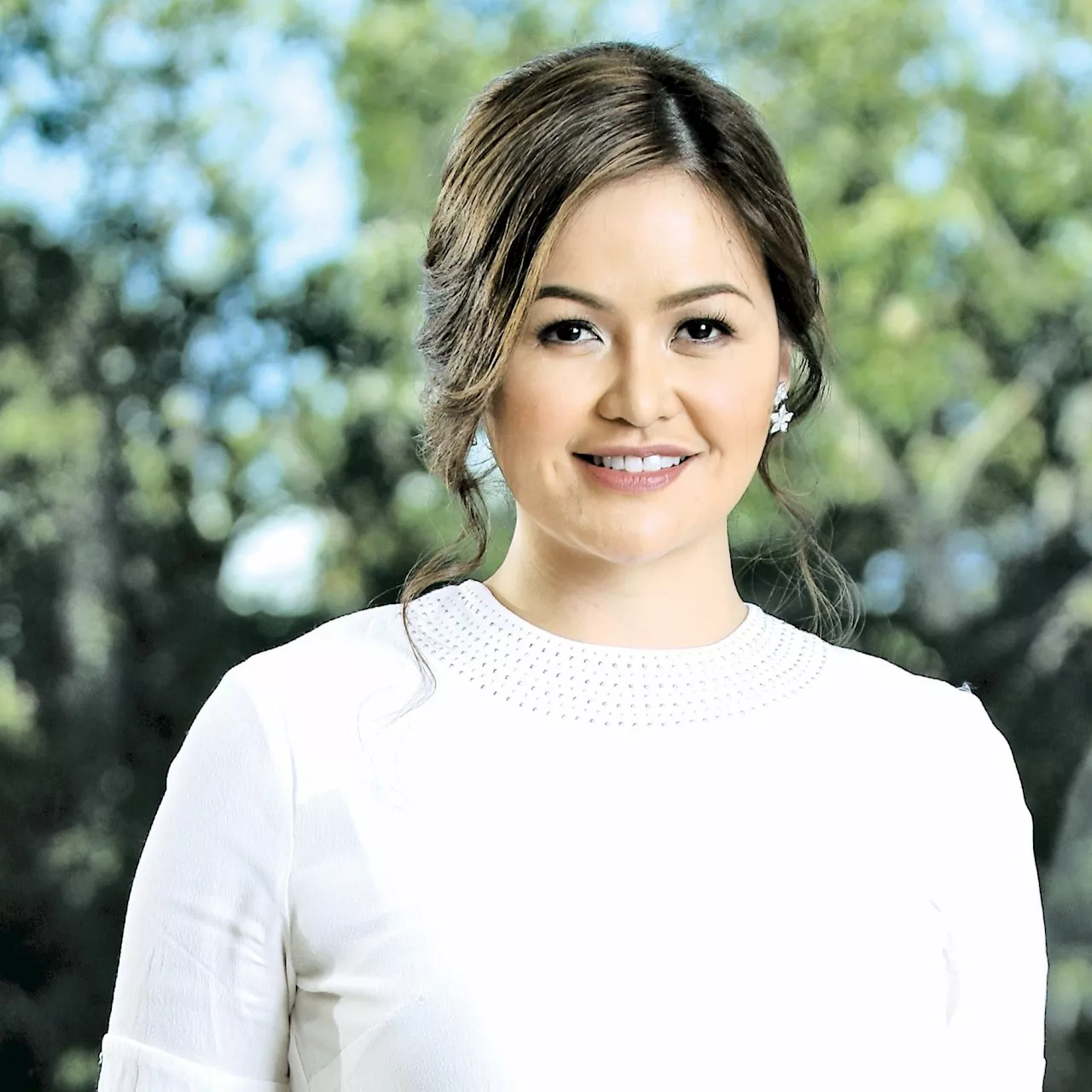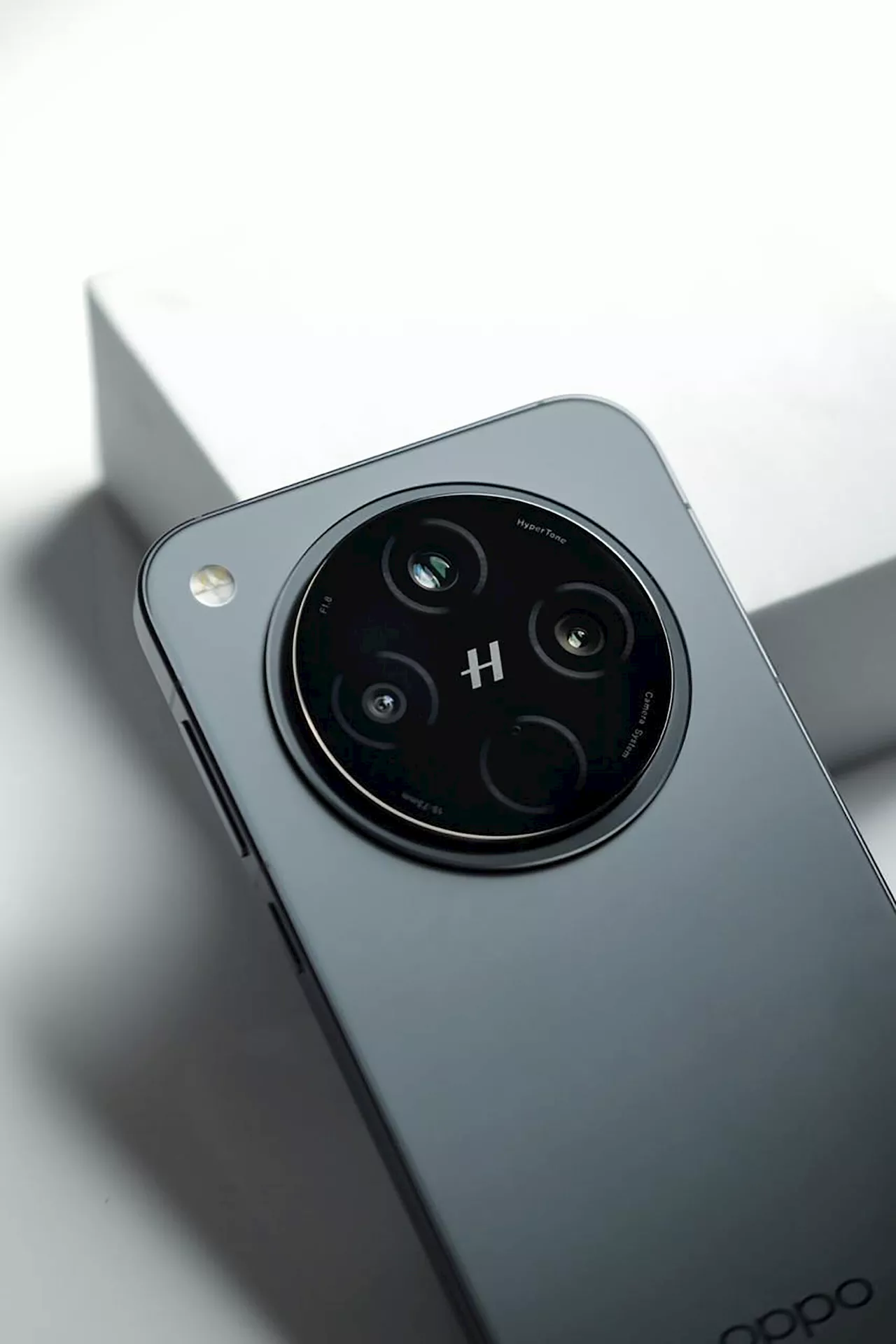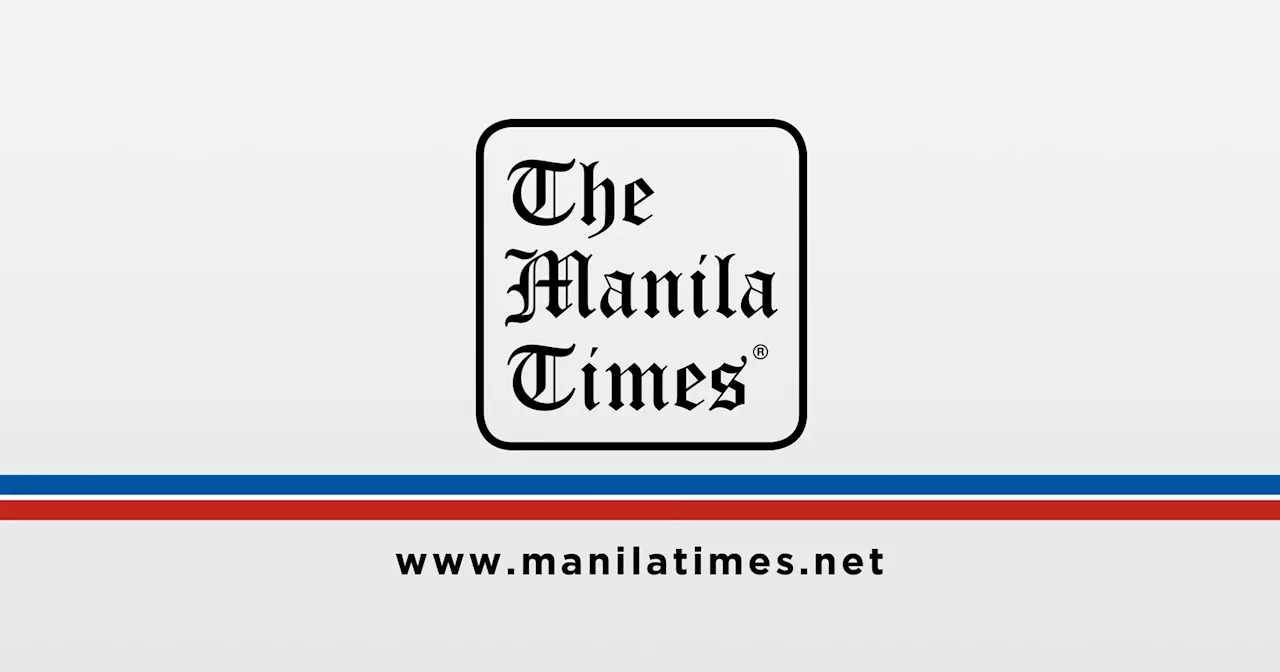This article explores the evolving concept of productivity in the face of remote work and artificial intelligence. It argues for a shift from traditional, output-focused metrics to a more holistic definition that values quality, well-being, and long-term sustainability.
PRODUCTIVITY has long been considered the cornerstone of progress, both in individual and organizational contexts. But traditionally, productivity has been equated with efficiency — the ability to produce more output in less time or with fewer resources.In workplaces, this has often meant clocking in long hours, meeting quotas or achieving specific measurable goals. The industrial revolution cemented this view, with the assembly line becoming a symbol of productivity.
Over time, these metrics translated into office environments, where productivity was measured by hours worked, tasks completed or revenue generated. The emphasis was on tangible, quantifiable results, often at the expense of well-being and creativity.However, this traditional view of productivity is increasingly being questioned. The world of work has undergone seismic shifts, particularly with the rise of remote work and the rapid advancements in artificial intelligence (AI). These changes challenge the assumption that productivity can or should be measured solely by output or time spent.Remote work, for instance, has dissolved the boundaries between professional and personal life, forcing individuals to rethink how they manage their time and energy. The office, once a controlled environment for measuring productivity, has given way to home offices, coffee shops or even beachside setups. In this new landscape, the metrics that once defined productivity — such as hours logged or physical presence — no longer apply.AI has further disrupted the traditional narrative. Tasks that once required human effort, such as data analysis, content generation or customer service, can now be performed faster and more accurately by machines. While this has undoubtedly increased efficiency, it also raises questions about the role of human contribution. If machines can handle repetitive, routine tasks, what does productivity mean for humans? Moreover, AI doesn't adhere to human limitations like fatigue or the need for rest, making it impractical to compare its 'productivity' with that of a human worker.These changes highlight the need to redefine productivity for the modern age. The traditional model, focused on measurable outputs, fails to capture the complexities of today's work environments. It doesn't account for the creative, emotional and collaborative aspects of work, which are increasingly important. Nor does it consider the value of work-life balance, mental health or long-term sustainability. In a world where remote work blurs boundaries and AI takes over repetitive tasks, the human dimension of productivity becomes central.A more holistic definition of productivity is required, one that values quality over quantity and prioritizes outcomes over processes. Rather than measuring success by how many hours someone works or how many tasks they complete, productivity should be assessed by the value created. This could mean fostering innovation, building stronger relationships or contributing to a healthier work environment. In this context, productivity is less about 'doing more' and more about 'doing better.'For remote workers, this might involve focusing on results rather than rigid schedules. Flexibility, autonomy and trust become essential components of productivity. A worker who takes a midday break to recharge and then delivers a brilliant presentation later in the day is just as productive — if not more so — than someone who sits at their desk for eight uninterrupted hours. Similarly, collaboration tools and virtual meetings should be evaluated for their effectiveness, not just their frequency. A single meaningful conversation can often achieve more than a dozen poorly planned meetings.AI also offers an opportunity to rethink productivity by freeing humans from mundane tasks and enabling them to focus on what truly matters. With AI handling data entry or generating reports, humans can dedicate their time to strategic thinking, problem-solving and creativity — areas where machines still fall short. This shift not only enhances productivity but also increases job satisfaction and personal fulfillment. By leveraging AI as a partner rather than a replacement, workers can redefine their roles in ways that emphasize unique human qualities.Ultimately, redefining productivity means shifting the focus from output to impact. It requires a cultural change, where organizations recognize the value of diverse contributions and prioritize the well-being of their employees. This new perspective sees productivity as a balance — a dynamic interplay between efficiency and creativity, work and rest, individual achievement and collective progress. It is about creating an environment where people can thrive, not just perform.In this reimagined framework, productivity is not a one-size-fits-all concept. It adapts to different industries, roles and personal circumstance
Productivity Remote Work Artificial Intelligence Work-Life Balance Well-Being Innovation Efficiency Impact
Philippines Latest News, Philippines Headlines
Similar News:You can also read news stories similar to this one that we have collected from other news sources.
 Redefining beauty with natural, long-lasting resultsHow Revanesse stands out from the crowd
Redefining beauty with natural, long-lasting resultsHow Revanesse stands out from the crowd
Read more »
 vivo X200 Pro: Redefining Smartphone Macro Photography with ZEISSThe vivo X200 Pro, co-engineered with ZEISS, introduces a revolutionary 200MP telephoto camera, offering unprecedented macro photography capabilities. Experience the world's hidden wonders through stunningly detailed close-up shots, capturing intricate textures and vibrant colors with DSLR-like quality.
vivo X200 Pro: Redefining Smartphone Macro Photography with ZEISSThe vivo X200 Pro, co-engineered with ZEISS, introduces a revolutionary 200MP telephoto camera, offering unprecedented macro photography capabilities. Experience the world's hidden wonders through stunningly detailed close-up shots, capturing intricate textures and vibrant colors with DSLR-like quality.
Read more »
 OPPO Find X8: Redefining Smartphone Photography with Powerful AIOPPO Find X8 boasts a powerful camera system and advanced AI features that enhance every snapshot, ensuring your memories are captured with precision and flair.
OPPO Find X8: Redefining Smartphone Photography with Powerful AIOPPO Find X8 boasts a powerful camera system and advanced AI features that enhance every snapshot, ensuring your memories are captured with precision and flair.
Read more »
 Cheak: Redefining Athleisure for the Asian WomanCheak, the sister brand of Love, Bonito, focuses on creating athleisure wear specifically designed for the Asian woman's body type. The brand, founded by two friends with backgrounds in fitness and marketing, aims to provide functional, stylish, and inclusive pieces that flatter and fit women across Southeast Asia.
Cheak: Redefining Athleisure for the Asian WomanCheak, the sister brand of Love, Bonito, focuses on creating athleisure wear specifically designed for the Asian woman's body type. The brand, founded by two friends with backgrounds in fitness and marketing, aims to provide functional, stylish, and inclusive pieces that flatter and fit women across Southeast Asia.
Read more »
 Bentley Bentayga Extended Wheelbase Azure: Redefining Luxury TravelThe Bentley Bentayga Extended Wheelbase Azure is a luxurious SUV that combines advanced technology, craftsmanship, and comfort. Its stretched platform offers enhanced legroom, while airline-style seats provide ultimate relaxation. The Azure specification focuses on noise reduction and a serene cabin experience.
Bentley Bentayga Extended Wheelbase Azure: Redefining Luxury TravelThe Bentley Bentayga Extended Wheelbase Azure is a luxurious SUV that combines advanced technology, craftsmanship, and comfort. Its stretched platform offers enhanced legroom, while airline-style seats provide ultimate relaxation. The Azure specification focuses on noise reduction and a serene cabin experience.
Read more »
 GRID PROPERTY VENTURES | A journey of passion, purpose, and innovationGRID Property Ventures, Inc. is redefining the real estate landscape in the Philippines and beyond.
GRID PROPERTY VENTURES | A journey of passion, purpose, and innovationGRID Property Ventures, Inc. is redefining the real estate landscape in the Philippines and beyond.
Read more »
